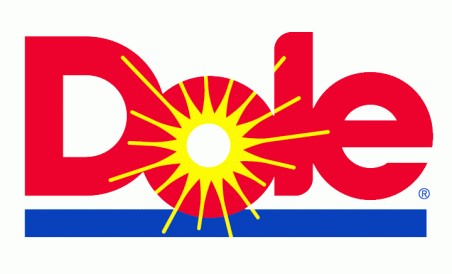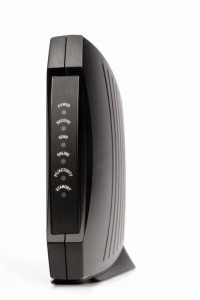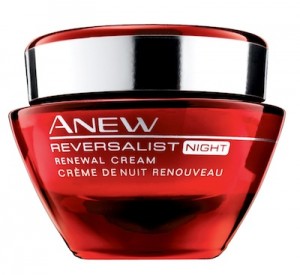 FYI…we’re going for a Consumer Fraud hat trick this week…
FYI…we’re going for a Consumer Fraud hat trick this week…
Top Class Action Lawsuits
Kia Sorento #EpicFail? Heads up anyone out there who owns a Kia Sorento 2002-2009 model…Kia Motors is facing a consumer fraud class action lawsuit over allegations that these Sorento models are prone to catastrophic engine failure. That sounds rather alarming.
The Kia Sorento lawsuit, entitled Robinson et al v. Kia Motors America Inc. et al., Case No. 13-cv-00006 U.S. district Court for the District of New Jersey, claims that Kia Motors knowingly concealed a manufacturing defect in the crank sprocket of its 2002-2009 Sorento models. This alleged engine defect can lead to a catastrophic chain of events beginning with severe heat buildup, the release of debris, and subsequent loss of steering control, engine failure and the potential for a hazardous accident, the plaintiffs allege. (And you thought sprockets were just something George Jetson worried about…)
“Not only did Kia actively conceal the material fact that this particular component is defectively designed (and requires costly repairs to fix), but it also did not reveal that the existence of this defect would diminish the intrinsic resale value of the vehicle,” the Kia lawsuit states.
Other allegations include Kia having knowledge of the engine defect for several years, as evidenced by numerous online complaints. However, it allegedly chose to withhold this information from consumers while making numerous statements about the quality and reliability of the Sorento. As a result of Kia’s “scheme of false and misleading advertising and marketing” thousands of people have purchased a Sorento, without knowledge of the defect, in preference to another vehicle without the alleged defect. Getting the picture?
The lawsuit also alleges that Kia Sorento owners who sought repairs for their vehicles while under warranty received only temporary repair of damaged parts, which may have included using similarly defective parts. Not good.
Additionally, the plaintiffs claim that Kia profits from the alleged Sorento engine defect by performing unnecessary parts replacements, computer reprogramming and software updates, despite knowing the true cause of the problem.
This lawsuit seeks to represent a nationwide class of consumers that purchased or leased the first generation Sorento. Ok.
Top Settlements
AT&T Mobility Customers May Get Relief From 7-Year Itch. A settlement has been reached in the consumer fraud class action lawsuit pending against AT&T Mobility LLC. The lawsuit claims that AT&T improperly charged fees to certain wireless customers—over a seven-year class period. That’s alotta fees—and sadly, seems to be a trend these days.
So—if you were assessed Universal Service Charges or similar charges under state or other laws (collectively “USC”) on data pay-per-use plans, visual voicemail services, customer custom packaging plans, international calls outside the United States or voicemail services only (“Covered Services”) by AT&T Mobility LLC (“AT&T Mobility”) on bills issued from January 1, 2004 up to and including December 31, 2010, you might be eligible to receive benefits from a class action settlement.
We must stress, that the AT&T Mobility settlement has to receive final approval. If approved, it will resolve the lawsuit entitled, MBA Surety Agency, Inc. v. AT&T Mobility LLC, Case No. 1222-CC09746, concerning AT&T Mobility assessment of USC on the Covered Services. AT&T Mobility will contribute $152,634,430.00 (“Settlement Proceeds”) which will be payable in the form of credits and cash payments to the eligible Settlement Class members after deductions for attorneys’ fees etc. The final Fairness Hearing is scheduled for February 20, 2013. Watch this space—we’ll keep you posted.
And for the Hat Trick…after all, three’s a charm! A $110 million settlement that just received final court approval, ending an overdraft fees class action lawsuit against Chase Bank. Yes—this is a form of consumer fraud, because “it ain’t on the level.”
The Chase Bank overdraft fee settlement is the latest to be reached in the massive class action lawsuit involving over 30 banks who are alleged to have manipulated customers’ transactions in such a way as to maximize overdraft fees. What’s on the level about those business practices?
The allegations also state that rather than declining transactions on an account that has insufficient funds to cover a purchase, Chase Bank authorized the transactions and then processed them in highest to lowest dollar order, which effectively increased the number of overdraft fees charged. Oh—don’t get me started!
As part of the settlement agreement, Chase will, for a period of at least two years, cease charging overdraft fees on individual debit card transactions of $5.00 or less. No comment.
Class members include anyone who (A) held a Chase, Bank One, or Bank of New York consumer deposit account accessible with a Chase debit card anytime between January 1, 2003 and March 29, 2010; and (B) were charged one or more overdraft fees as a result of Chase’s practice of posting debit card transactions from highest to lower dollar amount.
That’s it for this week. Off to you know where—see you there!









